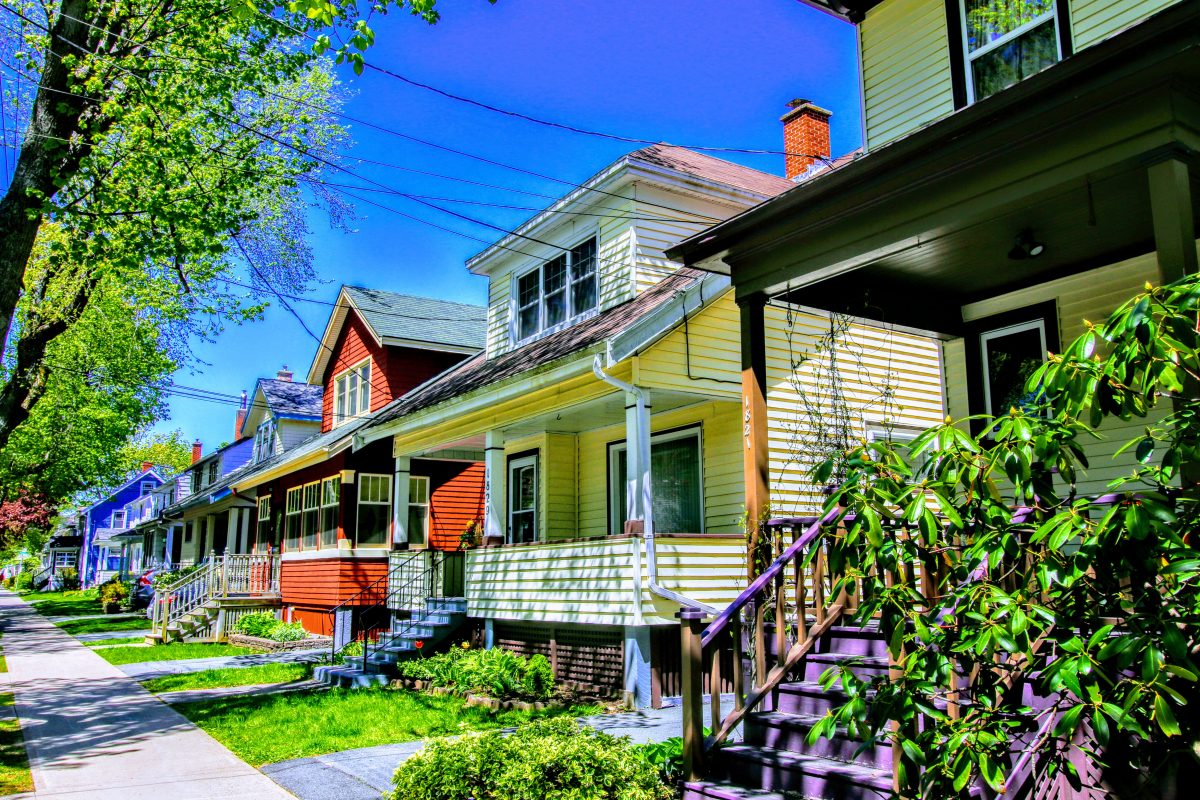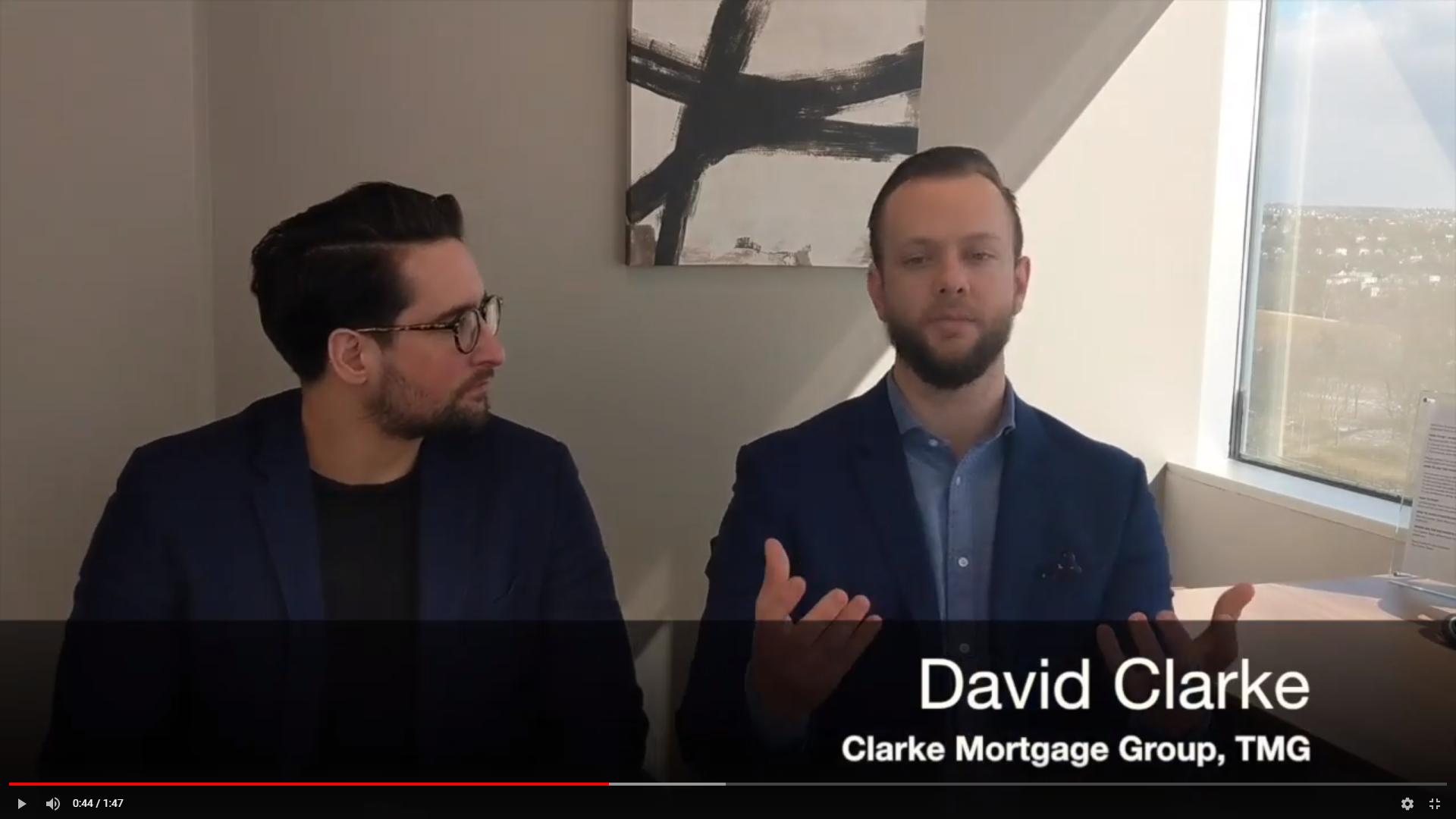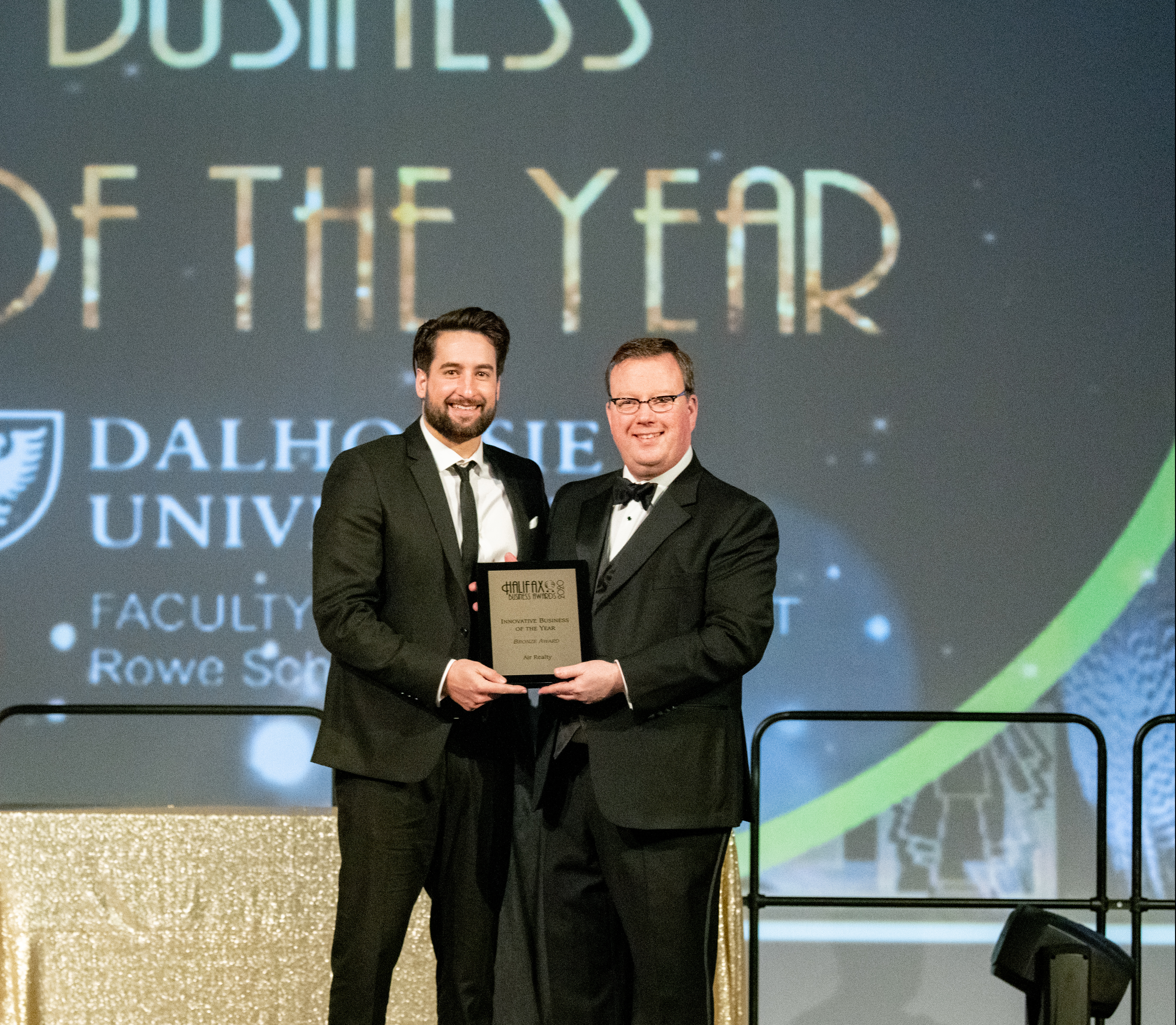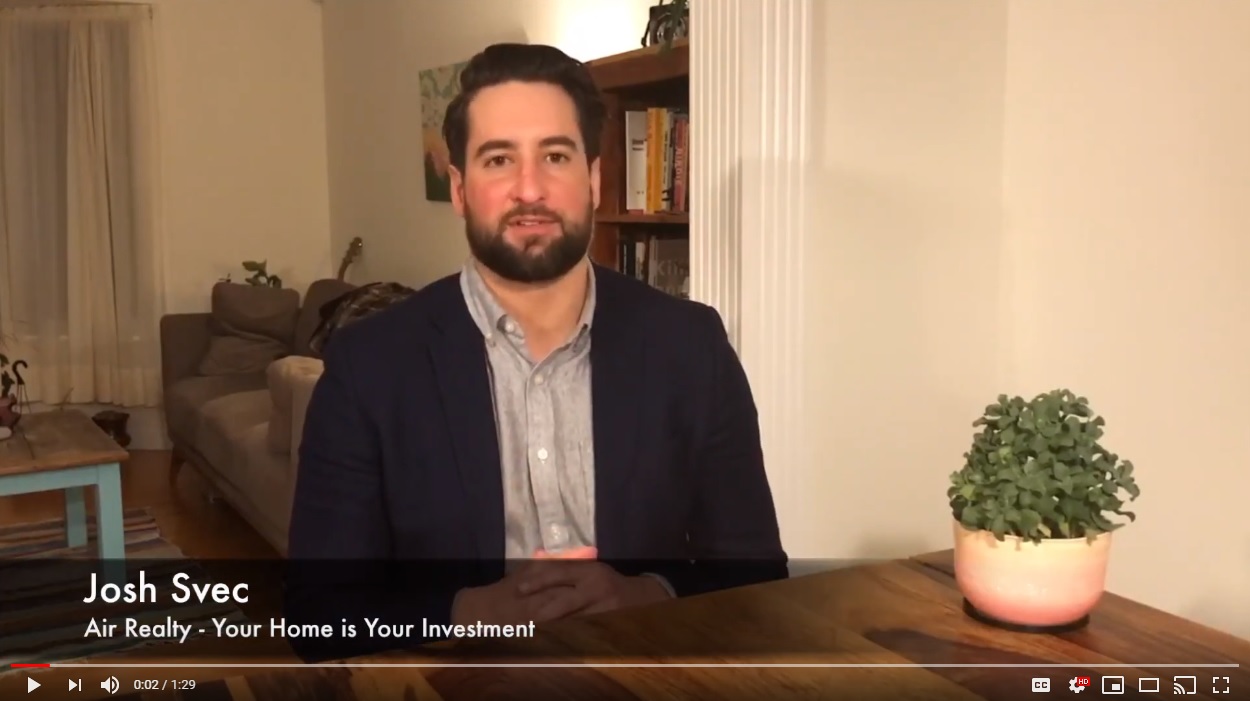5 Tips for Purchasing Cash Flow Properties

There are 3 ways to make money investing in real estate: Selling for Profit, Mortgage Paydown, and Monthly Cash Flow.
Selling for a profit involves purchasing a property with the hopes it will increase in value as time ticks on. All the while you are stuck paying the bulk of the expenses with no revenue coming in.
Purchasing a rental property and using the tenant revenue to pay down the mortgage over time. In 20 – 25 years when the mortgage has been released and you go to sell, even if your selling at what you bought it for, you are cashing in.
Cash flow properties are investments that pay you a monthly profit. After the expenses, the mortgage, the insurance and taxes, you are returning a hefty bit of cash.
They are not easy to come by and may take years of exploring the MLS ® and Realtor.ca to find.
When you do land on a monthly cash flow property it covers all the 3 ways to make money investing in real estate above.
Monthly Cash Flow Properties:
A) Are a long term purchase so there is potential for the property value to increase.
B) The tenant rental revenue will pay down the mortgage.
C) You are yielding a monthly cash flow.
It is the Mecca of real estate investing.
This article will go over 5 steps your should be taking when tracking down cash flow properties.
1. Do the Numbers
When purchasing a property lay out all the numbers in an easy to read visual. Have your cash flow goals in mind when calculating your max offer price.
How much are the monthly expenses including the mortgage payment*, heat, power, water, insurance, 5% vacancy (of the monthly income), maintenance, snow removal, etc.
How much income is the rental property generating per month? How much are they getting for rent RIGHT NOW, is there any laundry or parking income? Often, property descriptions for rentals boast about how much the rents should be, not what they actually are. If they can’t achieve those numbers now, why do they think a new owner will?
Be very conservative when doing your numbers.
Ask for the financials in the offer. Double check the cut sheet numbers with the actual financials provided by the seller to make sure your numbers still match.
Always be ready to walk.
If your numbers are not achieving your goals, always be ready to leave the deal and start searching for a better investment.
*Note: When calculating the numbers for purchase I alway include the mortgage payment at a conservative rate to determine how much cash flow the property will produce in reality. Most numbers, or cap rates, included in cut sheets from sellers do not include the mortgage payments.
Take a look at an example of my numbers calculations below:
2. Don’t Let the Bank Kill Your Deal
There are a number of ways to finance an investment property. Get creative. If the deal is worth it, scramble to get it done!
Shop your deal around. Are you using your family bank, or do you have a trusted mortgage broker that can shop the deal to a number of banks?
Personally I have been in situations where I wanted to lock down a great deal on a property I was purchasing. I did not want to lose the deal. I had a very difficult time getting financing and had to push the conditions date multiple times. I did not give up. I scrambled and finally found a solution to the financing going with a B lender then switching over to an A lender the following year.
3. Take the Love Out of the Purchase
Do not let your emotions make the decisions for you. Your are purchasing for an investment, this isn’t your dream home you will be living in your whole life.
This should be all about the numbers. In order to be in control, you can not fall in love with your investments before you buy!
When you start to get attached to an investment, you do not make calculated decisions. Getting wrapped up in negotiations without keeping your goals in mind can leave you overpaying for an investment that does not return you any cash flow.
Bottom line – don’t catch feelings.
4. Make Long Term Goals
Are you looking to get into student housing? Vacation rentals? Long term, multi-family units?
Purchase properties that fit into your criteria.
Are you purchasing properties scattered all over the province / country? Do you have maintenance, or management set up in the cities you are purchasing?
If you are jumping into a new location for investment properties you will need to establish a team around you.
It may include finding a great local real estate agent to represent you (for free – buyers do not pay their agents).
If you choose to represent yourself to “save money” on the transaction, make sure to put in the Agreement of Purchase and Sale (APS) the listing agents commission to be 2 or 2.5% etc. Just because you do not have an agent representing you does not mean that commission will be coming off the top of your purchase. The listing agent agrees to one fee with the seller, maybe 5 or 6% of the purchase price, at the time of the listing. If no buying agent comes along, they keep the whole percentage. If you are representing yourself because you know real estate and want to get a better deal, you may want to ensure the listing agents commission is in writing on the APS.
Maintenance is the most important external team member you will need to establish in a new territory. If you are handy, that is great, but you do not want to be on call 24/7. It will be important to either establish a go-to person for any maintenance issues that come up spontaneously, or, to have a trusted list of numbers to call in those situations.
I try to leave it to the tenant to call and schedule with the maintenance person directly so they can be home for the visit. They know the issue, and it saves you time. Always follow up with the maintenance person following the visit.
If you are looking for a completely hands off investment organizing a property management company to take over may be your best option. It will eat into your cash flow but it should provide you peace of mind.
What types of cash flow properties are you looking for? Short Term or Long Term Rentals?
The main difference between short term and long term rentals is the amount of physical, hands on work is needed between the two.
Short Term rentals require a lot of turn over. You are constantly moving renters in and out of the units. This means there needs to be a cleaning system established as well as a key exchange systems.
Long term rentals require less turn over, but put more emphasis on finding the right tenant.
Make sure your purchase matches your portfolios goals.
5. Enjoy the Process
Looking for a great deal takes time. Have fun with it!
You should be spending a little time each day hunting for that great deal.
Hey, if it was easy, EVERYONE would be doing it. It is a grind, but when that perfect deal comes together that is guaranteed to make money for you, it is a rush!
Final Thoughts
When searching for a cash flow property, let the numbers lead you.
Properties you find online that seem to have potential need to be viewed from a numbers standpoint before you take the time to move on to the next steps.
If a property does past the test, get creative to get the deal done. Don’t let a bank kill your deal. There are plenty of options out there for a creative investor.
Don’t let your feelings for an investment property get in the way of any rational decisions. You are not purchasing your dream home, this should be a solid investment, if the numbers don’t work, walk.
Always keep your long term goals in mind. Are you setting up shop in a new location / territory? Does this property match your portfolio and what you know?
Finally, enjoy the process. Finding that great deal out there is a rush.
Put these steps into action to find your next great cash flow property.




